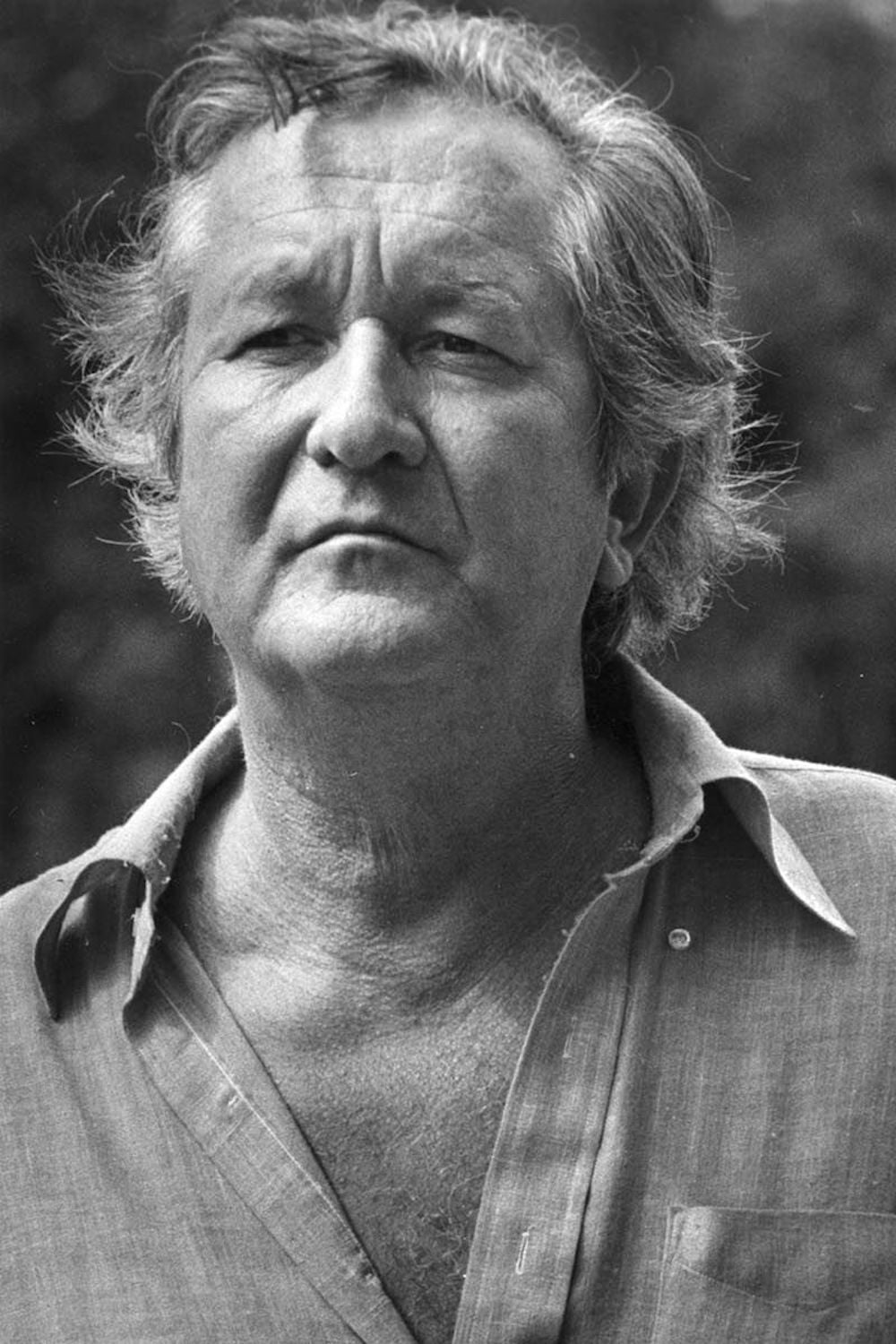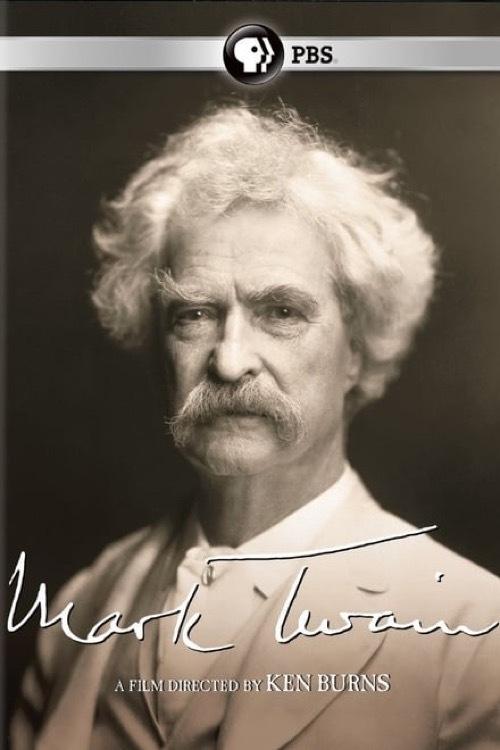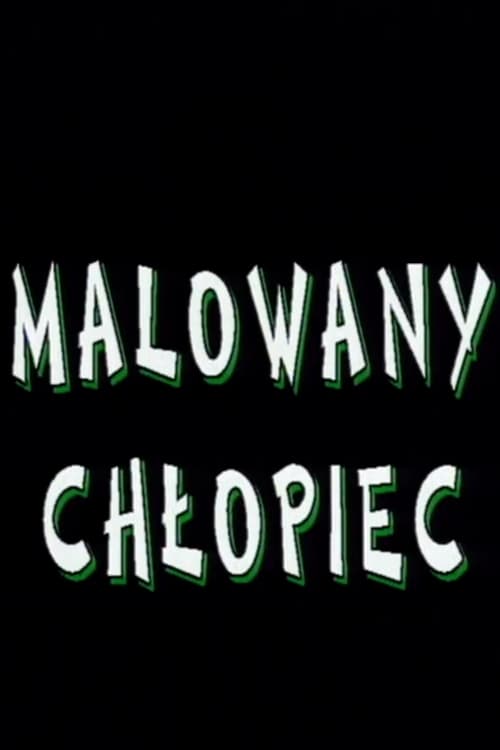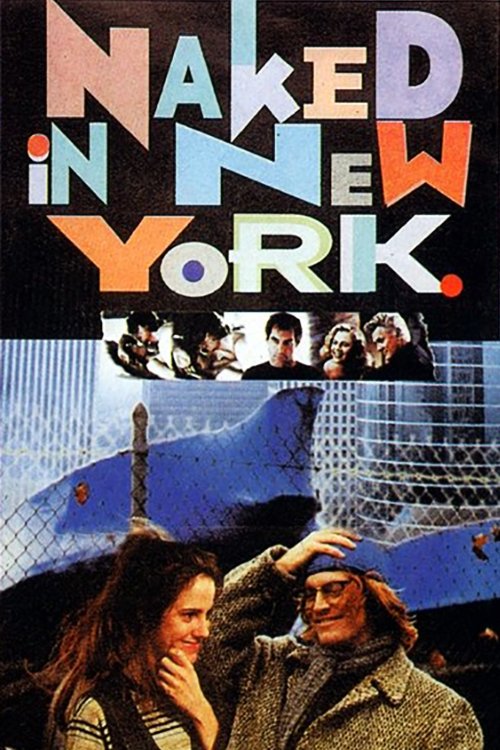

In 1831, Nat Turner led a slave rebellion in the United States that resulted in the murder of local slave owners and their families, the eventual execution of 55 rebels and the retribution lynching of more than 200 innocent slaves. Nat Turner: A Troublesome Property examines how the story of Turner’s revolt has been interpreted throughout history and how it continues to raise new questions about the nature of terrorism and other forms of violent resistance to oppression. The film adopts an innovative structure by interspersing documentary footage and interviews with dramatizations of these different versions of Turner’s story. A unique collaboration between MacArthur Genius Award feature director Charles Burnett, acclaimed historian of slavery Kenneth S. Greenberg and Academy Award-nominated documentary producer Frank Christopher, Nat Turner is a compelling look at one of history’s most mysterious figures.

Mark Twain is a documentary film on the life of Mark Twain also known as Samuel Clements produced by Ken Burns in 2001. Burns captures both the public and private persona of Mark Twain from his birth to his death. The film was narrated by Keith David and the voice of Mark Twain was provided by Kevin Conway.

"Malowany chlopiec" - The first major mystification of the Holocaust was the novel "The Painted Bird" by Polish Emigrant Jerzy Kosinski, who in his book describes himself as an abandoned child who became mute, ended up in an orphanage and only later discovers his Jewish origin. "The Painted Bird" has since its publication in 1965 been the subject of discussion on its authenticity.

The making of Jerzy Kosinski. The BBC documentary on the life and art of enigmatic novelist Jerzy Kosinski. Through interviews with his second wife Kiki von Fraunhofer-Kosinski, friends and fellow authors, and Polish villagers who knew Kosinski when he was a child hiding from the scourge of Nazism, this program attempts to assess the verity of Kosinski's "autobiographical" fiction, the need for him to maintain a nebulous mystique about his early life, and to understand his obsession with S&M sex clubs in Manhattan during the 1970s and 1980s.

Naked in New York begins in the car of grown up Jake, he is talking to us about his girlfriend, Joanne, and to whom you can turn to for help while facing life. From there it flashes back to his memories of his parents, college, house across from a squirrel infested peanut factory, best friend, writing career and Joanne.
William Clark Styron Jr. (June 11, 1925 – November 1, 2006) was an American novelist and essayist who won major literary awards for his work. Styron was best known for his novels, including: Lie Down in Darkness (1951), his acclaimed first work, published when he was 26; The Confessions of Nat Turner (1967), narrated by Nat Turner, the leader of an 1831 Virginia slave revolt; Sophie's Choice (1979), a story "told through the eyes of a young aspiring writer from the South, about a Polish Catholic survivor of Auschwitz and her brilliant but psychotic Jewish lover in postwar Brooklyn". In 1985, he had his first serious bout with depression. Once he recovered from his illness, Styron was able to write the memoir Darkness Visible (1990), the work for which he became best known during the last two decades of his life. Styron was born in the Hilton Village historic district of Newport News, Virginia, the son of Pauline Margaret (Abraham) and William Clark Styron. He grew up in the South and was steeped in its history. His birthplace was less than a hundred miles from the site of Nat Turner's slave rebellion, later the source for Styron's most famous and controversial novel. Styron's Northern mother and liberal Southern father gave him a broad perspective on race relations. Styron's childhood was a difficult one. His father, a shipyard engineer, had clinical depression, which Styron himself would later experience. His mother died from breast cancer in 1939 when Styron was still a boy, following her decade-long battle with the disease. Styron attended public school in Warwick County, first at Hilton School and then at Morrison High School (now known as Warwick High School) for two years, until his father sent him to Christchurch School, an Episcopal college-preparatory school in the Tidewater region of Virginia. Styron once said, "But of all the schools I attended...only Christchurch ever commanded something more than mere respect—which is to say, my true and abiding affection." Upon graduation, Styron enrolled in Davidson College and joined Phi Delta Theta. By the age of eighteen he was reading the writers who would have a lasting influence on his vocation as a novelist and writer, especially Thomas Wolfe. Styron transferred to Duke University in 1943 as a part of the U.S. Navy and Marine Corps V-12 program aimed at fast-tracking officer candidates by enrolling them simultaneously in basic training and bachelor's degree programs. There he published his first fiction, a short story heavily influenced by William Faulkner, in an anthology of student work. Styron published several short stories in the university literary magazine, The Archive, between 1944 and 1946. Though Styron was made a lieutenant in the U.S. Marine Corps, the Japanese surrendered before his ship left San Francisco. After the war, he returned to full-time studies at Duke and completed his Bachelor of Arts (B.A.) in English in 1947. ... Source: Article "William Styron" from Wikipedia in English, licensed under CC-BY-SA 3.0.
By browsing this website, you accept our cookies policy.